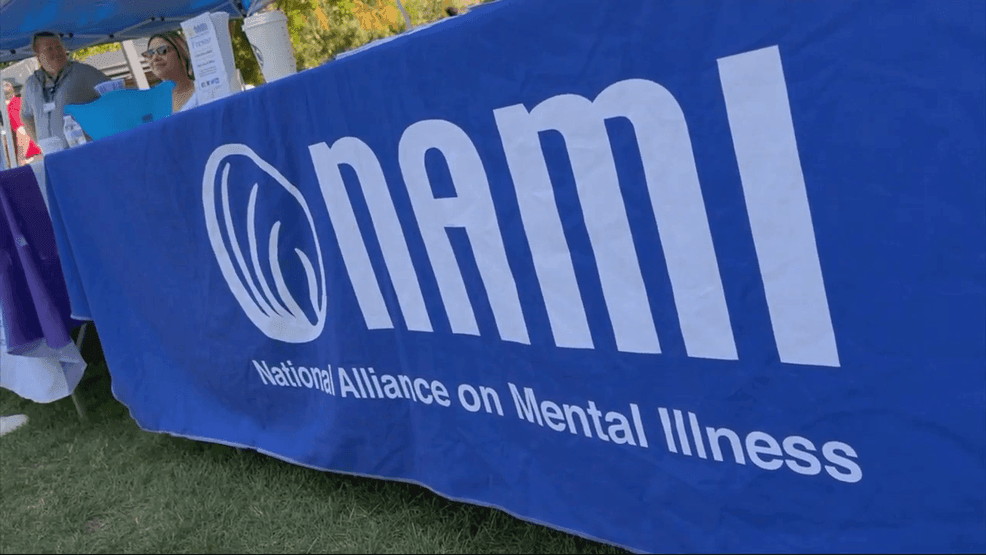BUNCOMBE COUNTY, N.C. (WLOS) — For nearly 50 years, the National Alliance on Mental Illness (NAMI) has been working to help people across the country experiencing a mental health crisis, but their mission has become increasingly difficult in recent years.
Robin Payne, executive director of NAMI Western North Carolina (WNC), said mental health severity has been on the rise since the pandemic began. Payne said NAMI WNC has seen an increase in emergency calls, and told News 13 the number of people suffering from anxiety and depression has gotten worse since the pandemic, which has led to even more suicides.
Payne said about 50 people die by suicide each year in Buncombe County, and that number has increased over the past five years.
Fact Check Team: 41% of Americans report peak stress levels, survey finds
“Of course, these shocking figures are for young people – suicide is now the second leading cause of death for 10-19 year olds,” Mr Payne said.
Organizations like NAMI provide important resources to raise awareness and provide support to those who need it, and Payne said NAMI WNC offers a “clinician-run, eight-week support group to help families of those bereaved by suicide.”
Payne said the group is for people who are “starting their healing journey and want to be with people who understand what they’re going through.”
Payne said there were signs to look out for when supporting people who may be suffering in silence, including significant changes in behavior, withdrawal, and she was told to look out for “invisible risk factors” such as a suicide in the family, a recent tragedy or whether there had been significant trauma in the past.
Back to school: Local experts say student mental health starts at home
“Being a good listener is the best place to start,” Payne says. “Not to dismiss their feelings, but just listen, be a safe space for them, and then offer resources.”
Payne said it was important “now more than ever” for family and friends to stay connected and talk about mental health.
Anyone experiencing suicidal thoughts can call the 24-hour crisis hotline by dialing 9-8-8.

